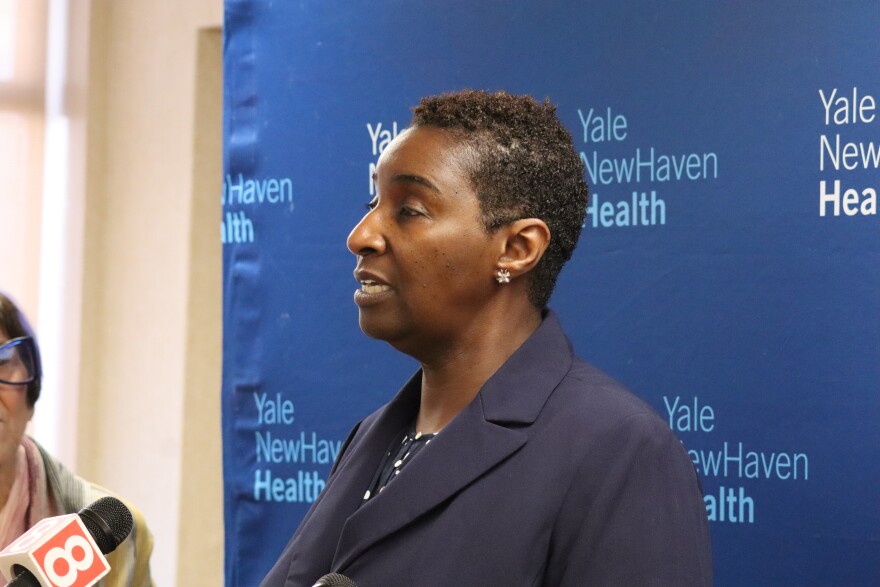Federal cuts to the Supplemental Nutrition Assistance Program (SNAP) passed in H.R. 1 are expected to reduce benefits for Connecticut residents.
The federal government used to cover the cost of benefits and share the administrative fees with states 50/50.
Connecticut Department of Social Services Commissioner Andrea Barton Reeves said her state will share the cost of benefits and pay 75% of administrative fees — that’s an additional $77 million they have to spend on the program.
“Now, some of the SNAP benefits that some of our seniors receive are as low as $65 a month,” Barton Reeves said. “How much lower could I possibly make these benefits for people?”
States with high error rates will be penalized with a higher benefit cost share. Connecticut’s error rate was around 10% in fiscal year 2024. That means the state would have to match 15% of the cost. To avoid the cost share, the state would have to get its error rate down to 6%.
But if a state’s error rate is high enough, its cost share rate will be lower. That was a carve-out to get Lisa Murkowski (R-Alaska) to vote for H.R. 1.
In addition to higher state costs and lower payments for residents, fewer people will be eligible for SNAP because of new work requirements.
Republicans argue that the system has been abused by able-bodied people who should be working, while Democrats say the new paperwork will discourage eligible people who need the support.
Barton Reeves said her office fields 4,000 calls a day, a number she expects to rise. Around 10% of Connecticut residents were enrolled in SNAP in 2024.
“The answers that we're going to give people are now going to be. . . I'm sorry, you're no longer eligible because the rules have changed,” Barton Reeves said. “I know that you're working. I know that you've been doing your best. I know that you are working three jobs already. I know you've been doing your best to meet these requirements, but the bar has been raised, and there's nothing that we can do to help you.”


